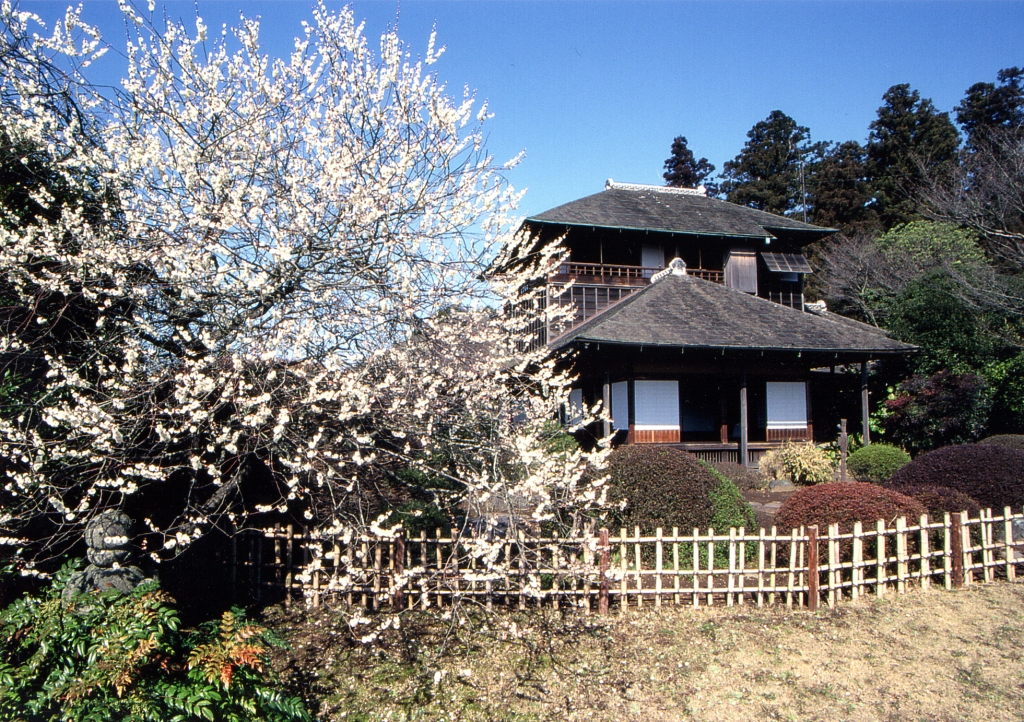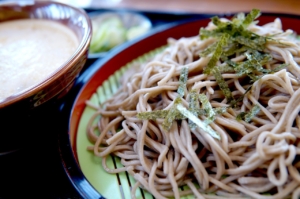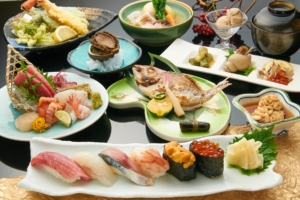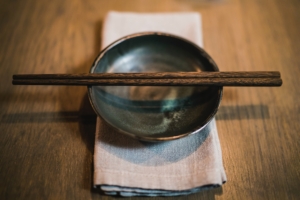To me, Ibaraki means “Ibaraki Prefecture (茨城県)”.
It is a place I have been connected to since I was a child.
I am talking about it in a geographical sense, but there are also other places in Japan called Ibaraki, as well as Ibaraki in folklore, and there is a music band with that name.
What is Ibaraki?
The five most commonly known names for ibaraki are:
1. Ibaraki Prefecture
Ibaraki Prefecture is located in the Kanto region of Honshu, Japan, and lies northeast of Tokyo. It faces the Pacific Ocean to the east and borders Fukushima Prefecture to the north, Tochigi Prefecture to the west, Saitama Prefecture to the southwest, and Chiba Prefecture to the south.
The capital is Mito, which is home to Kairakuen (偕楽園), one of Japan’s three great gardens. The most famous mountain in Ibaraki is Mount Tsukuba (筑波山). Additionally, the Kashima Shrine (鹿島神宮), one of the oldest shrines in Japan, is located here and is known as a power spot. Ibaraki is also known for its agriculture, particularly the production of rice, melons, and lotus roots, and is well-known for natto (納豆, fermented soy beans).
2. Ibaraki City (Osaka Prefecture)
In Osaka Prefecture (大阪府) in western Japan, there is a city called Ibaraki (茨木市). It is part of the Osaka metropolitan area and is known for its residential areas, parks, and industries. Although it is pronounced the same as Ibaraki, different kanji characters are used.
3. Ibaraki-dōji (Folklore)
Ibaraki-dōji (茨木童子) is a legendary demon who terrorized Kyoto (京都) during the Heian period (平安時代) and was an important servant of Shuten-dōji (酒吞童子). He is famously known for having his arm severed by the warrior Watanabe no Tsuna (渡辺綱) at Rashomon (羅生門) and then transforming into Tsuna’s aunt to retrieve it. This episode has been depicted in traditional performing arts.
Shuten-dōji, based in Mount Ōe (大江山), led a group of demons and was named for his love of sake. He was famously defeated by Minamoto no Yorimitsu (源頼光) and his Four Heavenly Kings (四天王), who poisoned him with sake and beheaded him during his drunken stupor. This legend has also influenced traditional arts and contemporary works.
Ibaraki Domain (History)
The Ibaraki Domain (茨木藩) was a small domain that existed in the early Edo period (江戸時代) in Settsu Province (摂津国, now Ibaraki City in Osaka Prefecture). It was governed by a minor samurai clan. After the Siege of Osaka (大坂の陣), the Katagiri (片桐) clan was transferred to the Tatsuta Domain (竜田藩) in Yamato Province (大和国, now Nara Prefecture (奈良県)), and Ibaraki became part of the shogunate’s territory.
5. Ibaraki (Music)
The black metal project led by Matthew Kiichi Heafy, the guitarist and vocalist of the American metal band Trivium, is also called IBARAKI. They changed their name to IBARAKI after being inspired by Japanese legends and yokai (妖怪, Japanese monster), creating songs based on the aforementioned Ibaraki-dōji and other Japanese legends. Very interesting!
Ibaraki Prefecture
Since I have a personal connection to Ibaraki Prefecture, I would like to touch on the topic of the prefecture.
The name Ibaraki is represented in kanji as “茨城”, which translates to “thorn castle” or “castle of thorns.” This name is believed to date back to the time of Emperor Sujin (崇神天皇), the 10th emperor of Japan (from the 3rd to 4th centuries). There is a legend that during this time, a person named “Kurosaka no Mikoto (黒坂命)” built a castle using thorns and blocked entrances with thorns to drive out bandits living in the area.
Is it Ibaraki or Ibaragi?
The correct pronunciation of Ibaraki Prefecture is “Ibaraki-ken,” with “ken” meaning “prefecture.”
The residents of Ibaraki Prefecture know this well, as they have repeatedly started their addresses with “Ibaraki Prefecture” when filling out documents, and at times they have even included the phonetic reading as “Ibaraki-ken (イバラキケン).”
Ah, despite this, some people from other prefectures pronounce it as “Ibaragi-ken.” This is incorrect.
This may not be directly related, but the pronunciation of Ibaraki City in Osaka Prefecture is also “Ibaraki.” However, the recognition of this “Ibaraki” is quite high among many Japanese people, and it is rare for it to be mispronounced as “Ibaragi.”
And, inexplicably, when I typed the incorrect “ibaragi” into the Japanese keyboard on my smartphone, the kanji for “茨城,” meaning Ibaraki prefecture, was displayed as a conversion candidate quite naturally and as if it were a given. This phenomenon left me feeling a little uneasy.
Why does this happen?
One theory suggests that it may be due to the Ibaraki dialect.
In Ibaraki dialect, sounds in the “ka” (かきくけこ, ka ki ku ke ko) and “ta” (たちつてと, ta chi tsu te to) rows tend to become semi-voiced sounds. In other words, the sounds become close to ga, gi, gu, ge, go (がぎぐげご), and da, ji, zu, de, do (だぢづでど). Therefore, even when Ibaraki residents intend to pronounce it as “Ibaraki,” it often sounds closer to “Ibaragi.”
Among those who were born and raised in Ibaraki, there are some who have learned to speak by imitating the pronunciation of those around them, resulting in a pronunciation closer to “Ibaragi.” However, they definitely talking about “Ibaraki” and believe they are saying it correctly.
However, not everyone living in Ibaraki pronounces it this way. It should be added that many people living in Ibaraki speak standard Japanese. (Let me make it clear that I am not saying that dialects are bad.)
So, if you have the opportunity to speak with a resident of Ibaraki Prefecture and they pronounce it as “Ibaragi,” please remember this article. While the world won’t change if someone pronounces it that way, it is true that some residents of Ibaraki Prefecture seem to be a little bothered by it.








